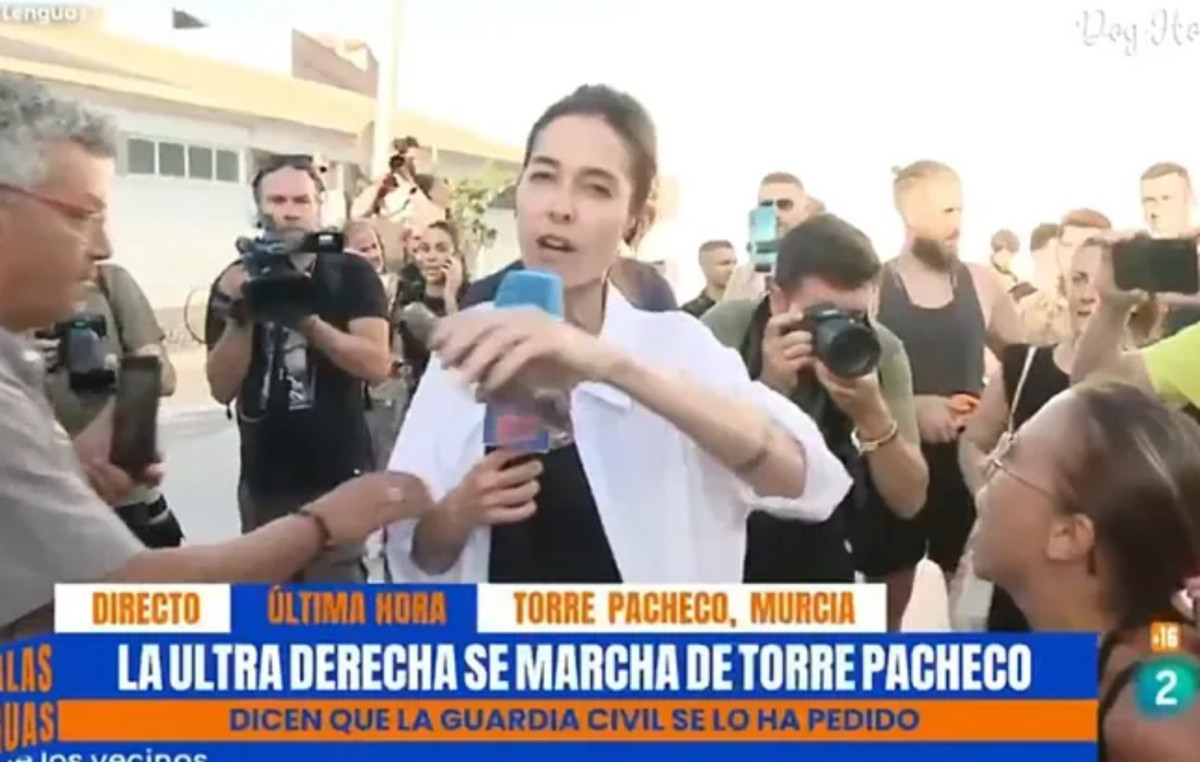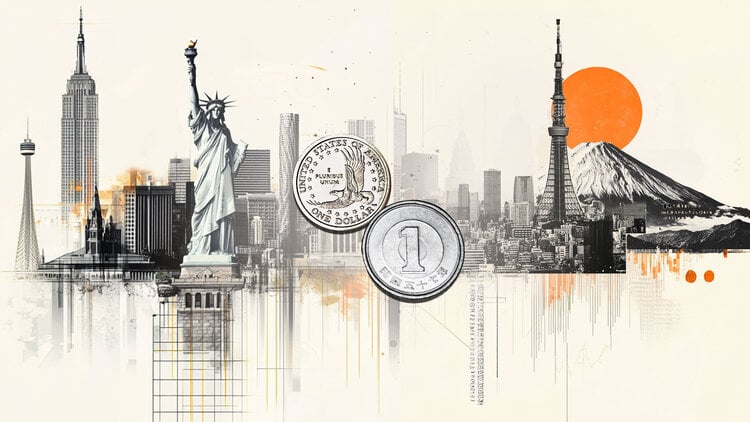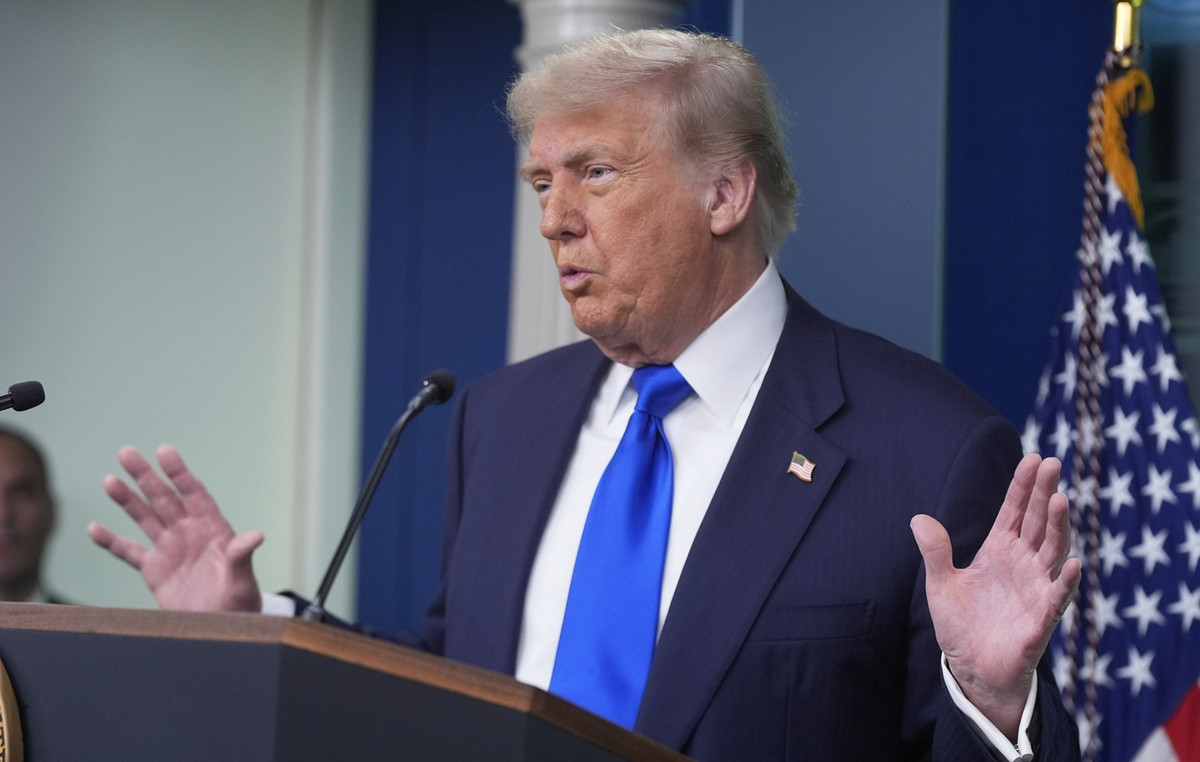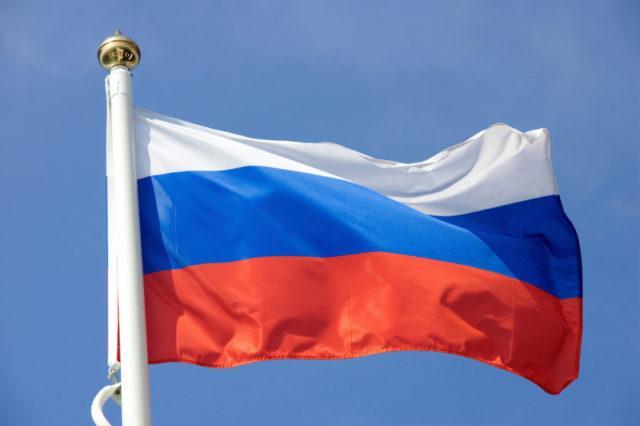World Bank carbon credit specialist Alexandre Kossoy said this Monday (1st), in an interview with CNN, that the resources that will allow a transition to a low-carbon economy are scarce in several countries.
“It is very clear that public resources are insufficient,” said Kossoy.
However, for the specialist, it is necessary to create a favorable environment for these resources to be made viable. “Among these ways of doing this is fiscal policy reform, including the carbon market.”
The Minister of the Environment, Joaquim Leite, stated this Monday that Brazil should reduce 50% of its greenhouse gas emissions by 2030 and neutralize carbon emissions by 2050.
When announcing the goal, however, he stressed the importance of funding for the goal to be achieved. “Financing is urgent so that the world can face the challenges presented”, said the head of ministry.
According to Kossoy, it is difficult to give an estimate of what the carbon market would represent for the country. However, the specialist recalled a work carried out with the Ministry of Economy that simulated what the benefits would be with the implementation of this mechanism in the sectors of static combustion and industrial processes.
“Brazil would comply with its NDC (Nationally Determined Contribution) with savings of more than US$ 30 billion, an increase in Gross Domestic Product (GDP) of 2.25%, in addition to an increase in employment and a reduction in emissions,” he said. The specialist.
(Published by Daniel Fernandes)
Reference: CNN Brasil
I am Sophia william, author of World Stock Market. I have a degree in journalism from the University of Missouri and I have worked as a reporter for several news websites. I have a passion for writing and informing people about the latest news and events happening in the world. I strive to be accurate and unbiased in my reporting, and I hope to provide readers with valuable information that they can use to make informed decisions.







